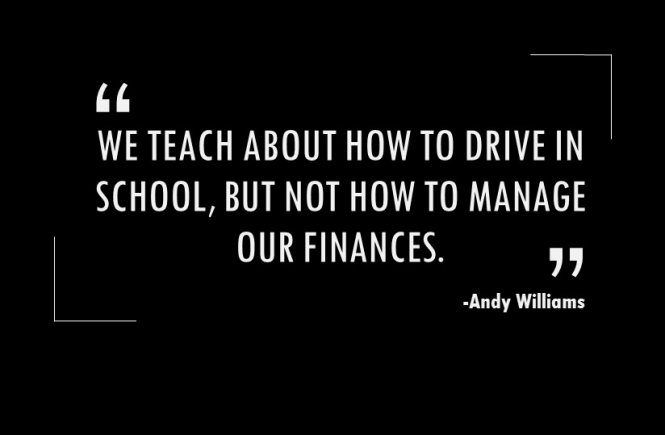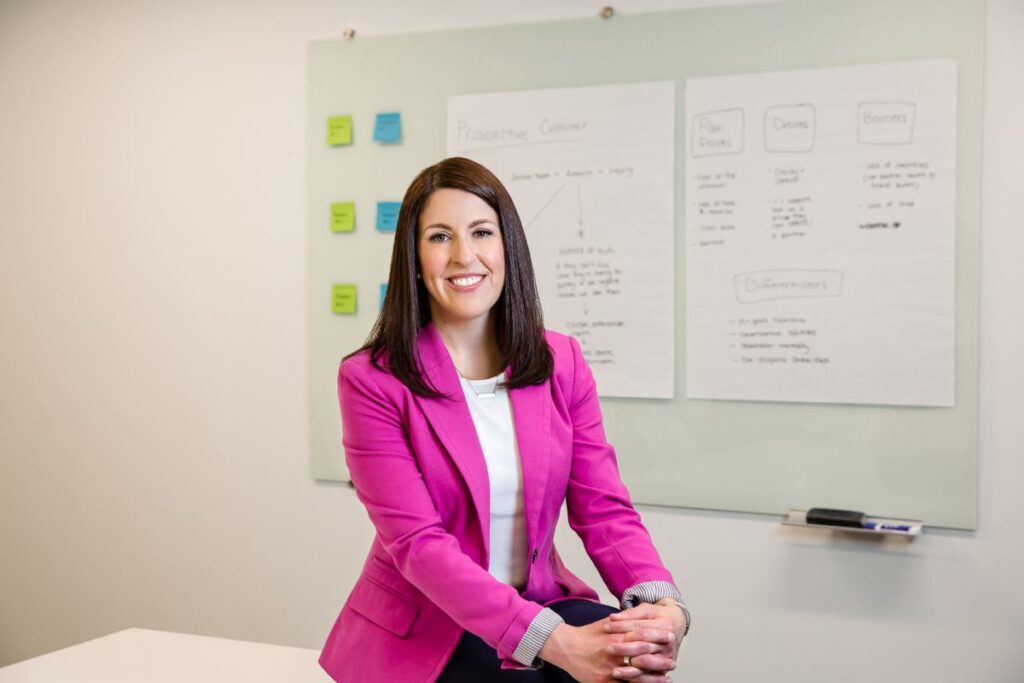How I Manage Money: at Home, part 1
This is an article that has been on my mind for quite some time, but it’s so layered (strategically and logistically), that I’ve procrastinated for months. However, now seems to be the time! Money is on a lot of people’s minds, and I frequently get questions about how I manage money from friends, colleagues, and clients.
I’m not shy to talk about money, whether it’s philosophically or practically. But I think another reason people may be curious about my habits is because I often say, “I’m really conservative with finances,” yet I have such a nice, full life. Dave and I often pause and wonder out loud, “How is this our life?”
Before I go any further, please let me acknowledge something important. Dave and I are white, we were both born in the U.S., and we were raised in the middle class. We don’t believe that’s anything to apologize for; BUT we both feel adamant that we’re aware of this leg-up in our society, organized the way that it is. We take our role as citizens seriously, and we feel a duty to acknowledge that privilege is baked into these circumstances. So with that disclaimer out of the way…

Background
At home we have – shall I say – a thorough way that we manage money, which started about two years ago. For the majority of our relationship we kept our money separate both for practical reasons and frankly, for my ego.
Financial independence has been important to me since childhood. In second grade day care I had a little t-shirt business. By 12 years old I was building my babysitting empire. And in college I worked two jobs at a time, sometimes three. My parents didn’t force me to do any of this, but I loved it. I wanted ownership and responsibility for my life, and I dreamed of having and doing more. Money buys you all of that: responsibility, ownership, and the freedom to do and dream.
For this part 1 today, I’m simply going to tee up the background on how I manage money and the prep work, if you’d like to go through the same process. As I share our process with you, some of it will sound crazy and over the top (I know!). It does take a while to get the system set up, but think of the set-up like an investment. Once you prep, play around and modify for your life, and then get a regular process in place, things will flow. And flow = freedom.
We didn’t combine our bank accounts until we’d already been married a few years. So when we finally took the plunge to do that and start this process, we took time to discuss a mutual goal. We each wanted to see our whole financial picture from 30,000 feet and have tools in place to organize and understand the details. Sounds a little like you’d run a business’s finances, non?.
Pre-prep
And speaking of which, there’s one little piece of prep before the prep. I say “little,” but it’s hugely important: if you’re a small business owner, separate your income from the business’s income.
I know that banks are busy right now, so it may not be the easiest time to set up new accounts. So if you’re not able to open a new account in this moment, at least mentally and in your calculations, separate your personal income from the business’s income. These are not the same thing!
What the business makes is not be the same as what you make; and the business’s expenses are not your personal expenses. I know that this is confusing because when you’re a solopreneur or a sole prop LLC, your local tax authority likely views things otherwise. But please bear with me and start wrapping your head around the idea that they’re not one. For most people this is a gradual process, as it’s a different mental model (and again, one that your accountant isn’t going to encourage unless you explicitly advocate for this way of thinking).
Once that is out of the way, we can move to the first real step…
1. Understand how you actually spend money today.
I like to break this down month by month and look at, at least six months. Particularly right now (if you’re reading this in the time of covid-19), our numbers for life and work are going to be skewed, so having that range of real-life information for the past six months is important.
The goal of this step is to simply know: “How do we spend money today?” And remember, because this is “how I manage money, at home,” I’m asking you, “How are you spending money personally?” If, for the past six months, you’ve been grouping your business and personal expenses together, separate those out.
Dave and I use Mod Money‘s Budget Template for this exercise (just sign up to their mailing list, and they’ll send you the template). The nice thing about this template is that you plug in your Net Income, then it helps you group expenditures into three buckets: Living Expenses, Discretionary Expenses, and Savings / Debt Paydown. It also gives benchmarks for what each of these buckets should be, as a percentage of your Net Income.
Next Steps
Here is step-by-step, your first homework assignment to manage your money at home:
- Download the ModMoney template.
- Customize the template in a way that makes sense for your family’s spending (it’ll probably take a few rounds to settle on the labels that are most descriptive for you).
- Make six copies of the worksheet (one for each of the six months you’re reviewing).
- Carve out several hours to dig into your bank and credit card statements (if you use mint.com, it will come in handy!).
- Plug in your numbers for each of the past six months.
Once you’ve done that, don’t judge, but do observe. How do these percentages compare to what you thought they may be? Any surprises, good or bad? This is simply about organizing, analyzing, and understanding. Sure, there will probably be areas where you spend more than you thought. But there may be areas where you spend way less. If you’ve ever muttered to yourself, “Where did that money go?” this will tell you.
This year at Ellevated Outcomes, we’ve been singing the anthem: work with head and heart. Said another way, marry facts with feelings. And that’s exactly what we’re doing here: taking in the facts so that we can be free to feel about the future. We start with the head, so that (next week) the heart can dream about being financially free…


